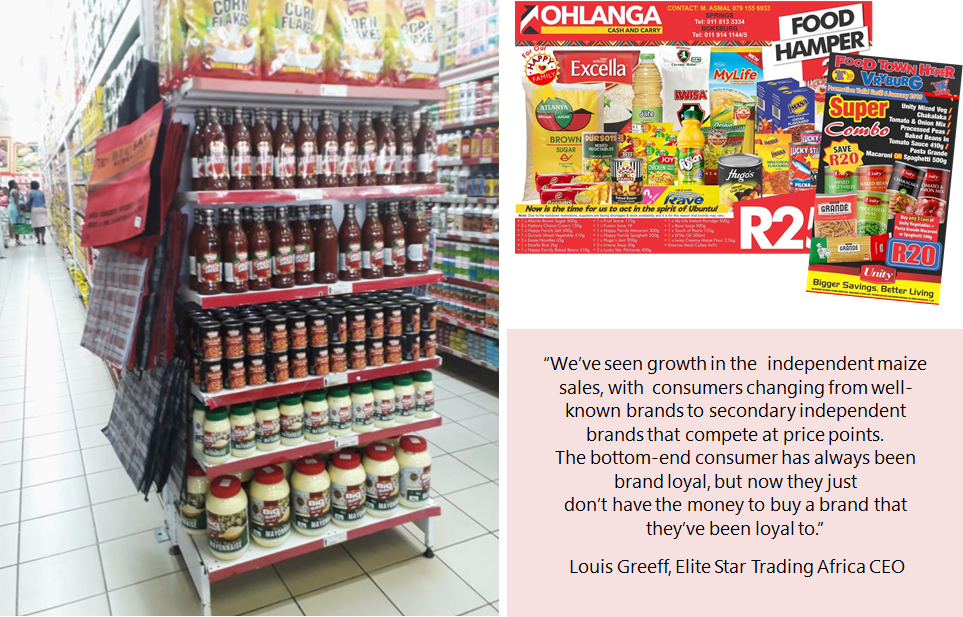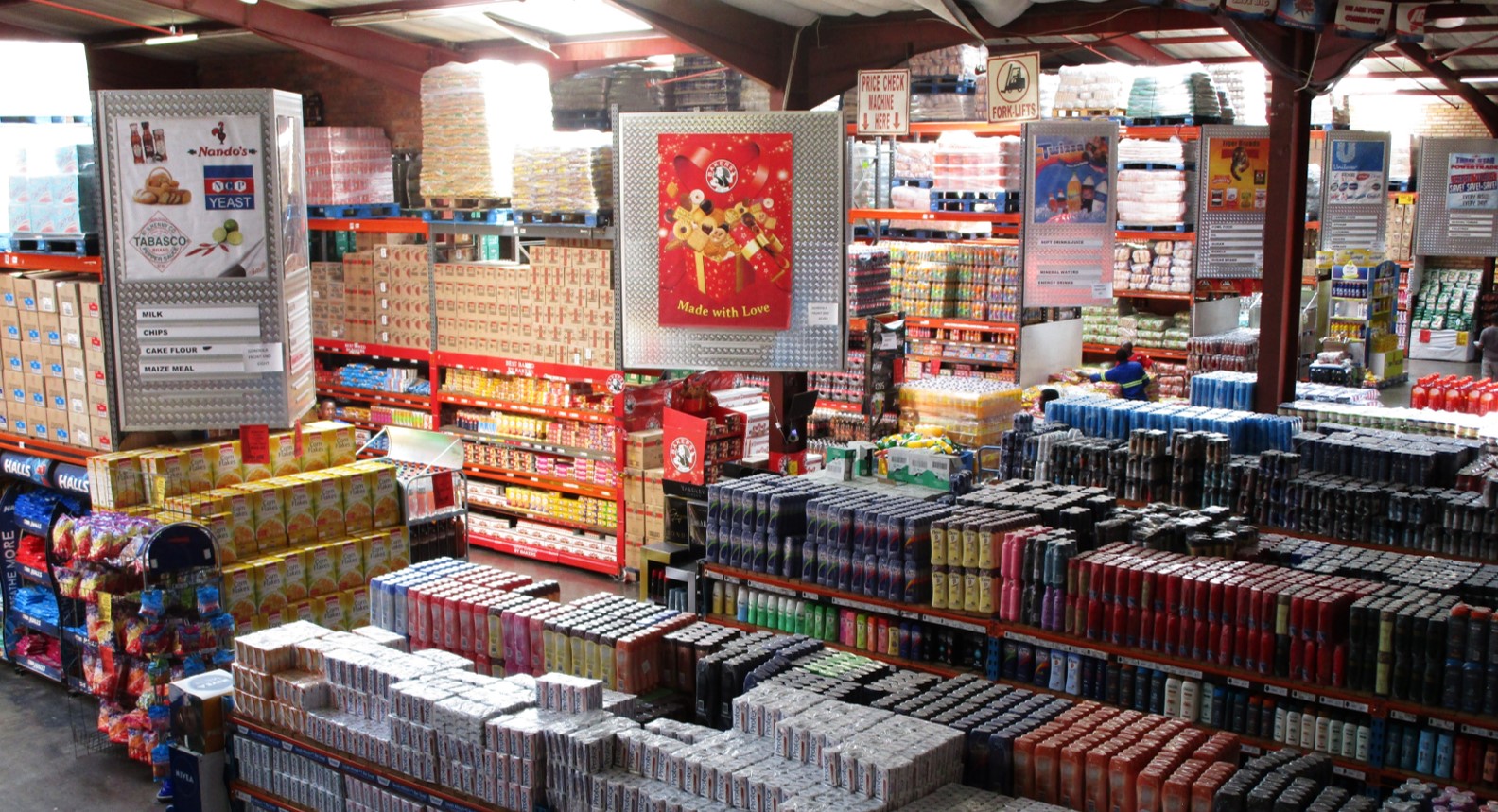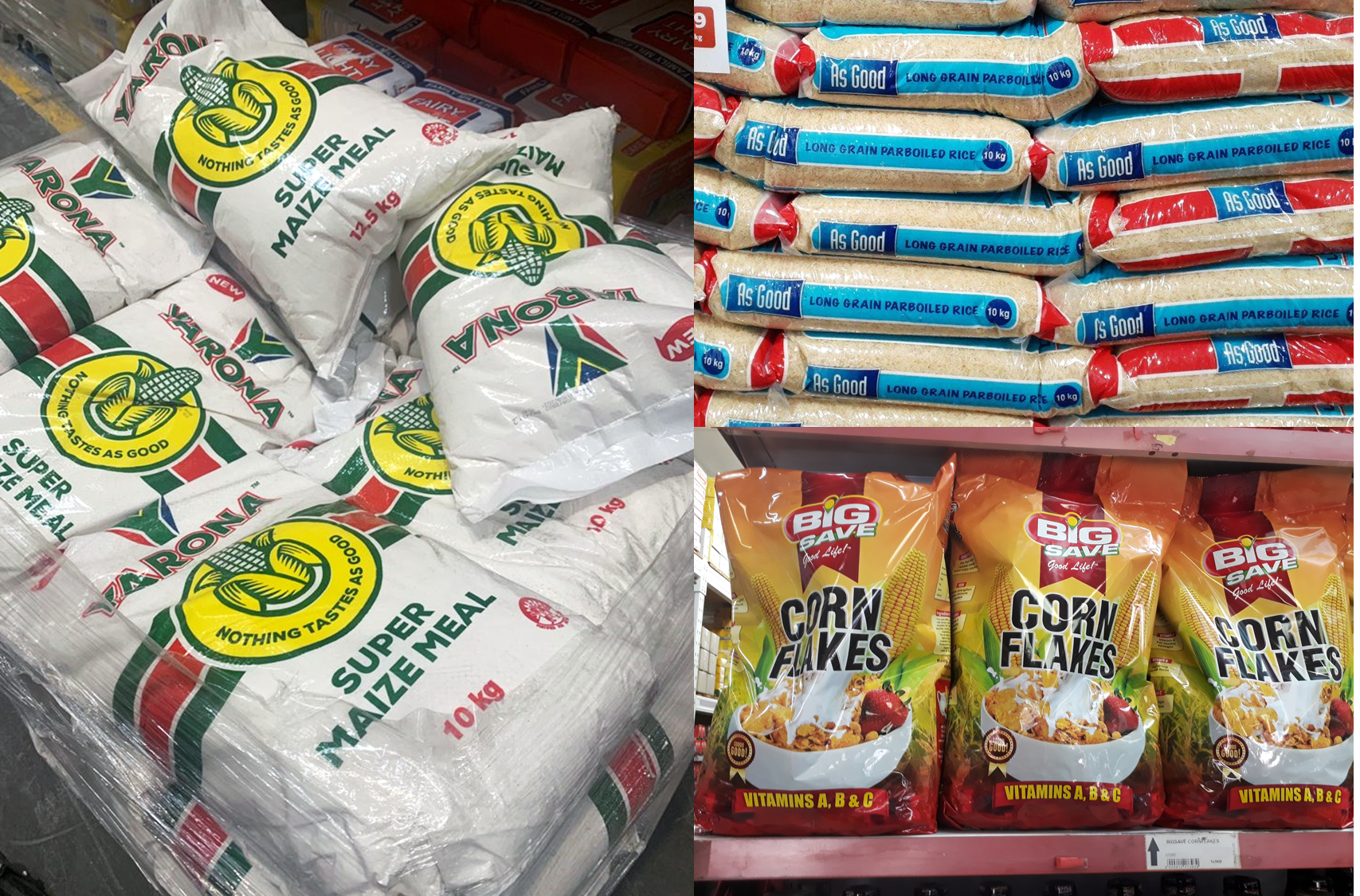Private label within FMCG retail, historically driven by corporate retailers and embraced by South African shoppers has now also started emerging within the formal independent wholesale trade.
Although this has been a slow introduction, shoppers at formal independent stores (including both consumers and informal traders) have shown an increased affinity to these cost-competitive, generally high-quality alternatives entering the market.
Who are the formal independents?
The formal independent trade within the South African FMCG retail industry (consisting of unlisted, but formally structured wholesalers and retailers) has undergone great changes in the past five to ten years, having been historically categorised as ‘traditional trade’ with a distributor focus of no-frills bulk offerings. Due to channel blurring, formal independents have evolved drastically with the inclusion of hybrid store formats which combine both wholesale and retail offerings to cater to multiple customer experiences and shopper segments, from traders to consumers.
Hybrid stores within the formal independent trade cater to varied retail consumers, who shop with smaller baskets/trolleys (compared to bulk buying by a spaza trader, for example) and demand quality products at affordable prices.
To support the needs and demands of this ‘new’ shopper, formal independent wholesalers and retailers are tapping into trends such as the rise in private label products and have even started to manufacture and sell their own private label goods and confined brands within their outlets. These businesses regard growth in private label as a key strategic focus area because of the margin advantage it provides, buoyed, of course, by positive responses from shoppers.
Private label – It’s in the numbers:
Traditionally, South African shoppers have been loyal to brands, however, the decline in household disposable income and the rise in food prices has resulted in the shift towards low-cost brands. The decline in brand loyalty is evidenced by growing presence of secondary ‘value’ brands and private label growth.
Participation of private label products in the South African shopping basket grew from 22.8% during 2019 up to 24.3% by May 2021. Sales of private label products have been tracking ahead of branded goods.
In the first few months of lockdown, private label growth was nothing short of startling. March 2020 saw a massive +27.2% increase due to pre-lockdown stockpiling and momentum was maintained through April (+19.3%), May (+18.5%) and June (+18.2%), according to the NielsenIQ State of Private Label Report for South Africa.
According to Ask Afrika’s COVID-19 Tracker, 69% of cash-strapped shoppers have switched to cheaper brands in response to recent food price increases in South Africa.

The COVID effect
The limited availability of products at the beginning of the COVID-19 pandemic due to lockdown restrictions hampering distribution, coupled with new demands for healthy, environmentally friendly, and locally sourced products, led many consumers to trial alternate brands for the first time – but loyalty to the new alternatives cannot not be assumed according to Accenture Africa.
However, an informal shopper and trader survey conducted by Trade Intelligence in March 2021 showed that shoppers are changing their perspectives on secondary brands and private label. Shoppers within informal retail stated that they are willing to switch brands only if the quality and price of the product is right – 36% of respondents said they switched to cheaper and private label brands during 2020 and 74% of those who switched said that they were more than satisfied with the quality of the products.
On the other hand, although customers are open and willing to buy secondary and private label brands, 96% of trader respondents still prefer to stock and sell well-known leading brands because customers often buy what they know and trust (quality) and are willing to pay more for it. As a result, well-known brands are a sure bet for traders and are generally easier and quicker to sell.
Traders who choose to sell unknown secondary brands state that they do so because customers are looking for the cheapest product, which unknown brands can offer.
The youth market
While brand loyalty has been traditionally high within the independent and informal retail sector, younger shoppers may not share the same approach to brands. With the economic shift towards the youth market, it will be important to observe the young shopper’s approach to brands, as their behaviour will likely be shaped by exposure to brands through social media and influencers. Young shoppers are more concerned with price and quality – if those needs are met by a private label product, the shopper may be more inclined to purchase and use those products.
Summing up
Over the past year, the COVID-19 pandemic has caused disruptions within the retail landscape and in consumers’ lives. These disruptions have resulted in changes in both shopper behaviour and retailer approaches to private label products.
The economic impact of the pandemic on consumer disposable income has amplified the key shopper need for ‘value as a necessity’. More shoppers are now switching from their favourite brands to cost-competitive alternatives. With this, the formal independent trade is slowly responding to its shoppers’ needs by providing private label goods. It will be interesting to see how much this continues to evolve in the coming years and how formal independent retailers respond with innovative private label goods – with price and quality at the heart of their offering.


